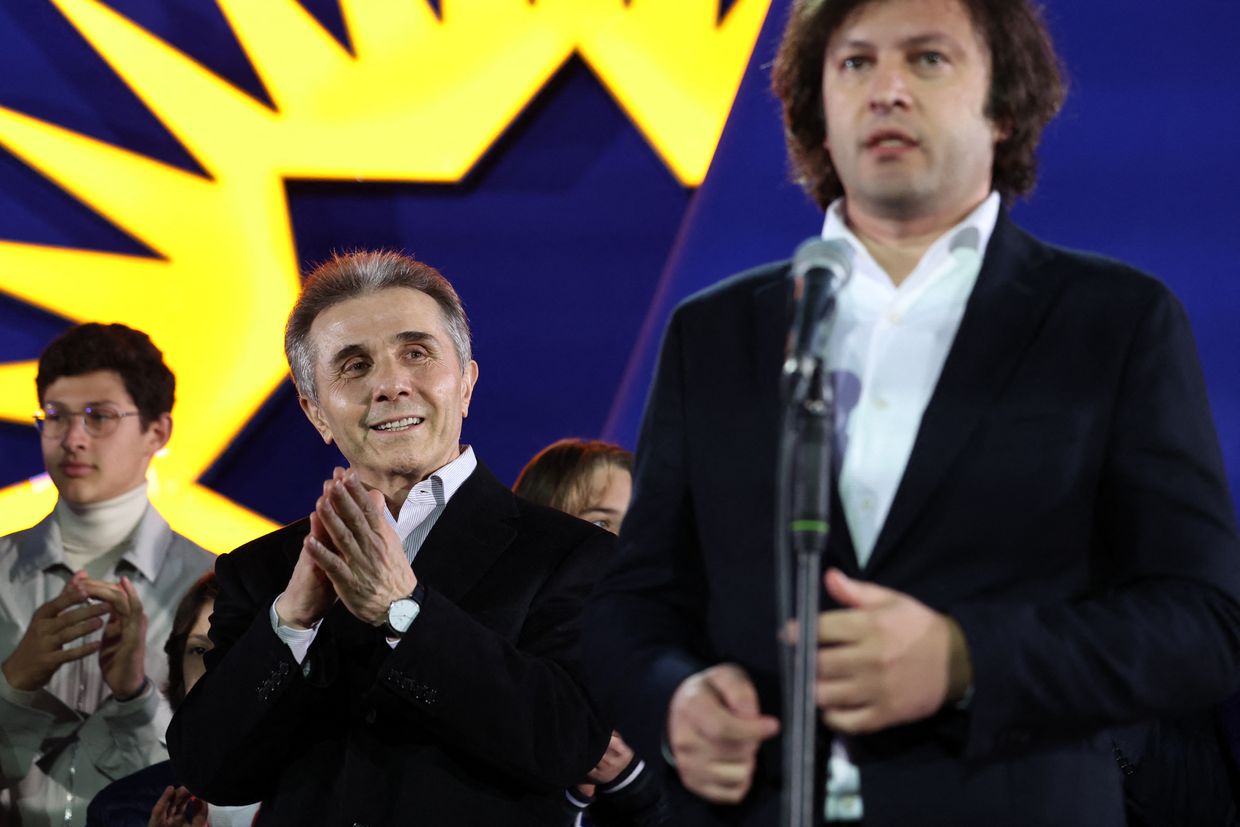Police disperse protesters in Tbilisi after pro-Russian government refuses to negotiate EU accession

Police have started dispersing protesters who gathered near the parliament for a spontaneous rally in Tbilisi overnight on Nov. 29, Radio Free Europe/Radio Liberty reported.
The protest followed Prime Minister Irakli Kobakhidze's statement that Georgia's integration into the European Union could be postponed until 2028, prompting outrage among some in society, who are demanding changes in the country's political course.
The ruling Georgian Dream party led by Kobakhidze has faced accusations of democratic backsliding and steering the South Caucasus country closer to the Kremlin. Earlier this year, the controversial "foreign agents" law sparked mass protests and violent crackdowns by police.
Following the election, the European Commission suspended Georgia's EU accession process, highlighting the growing rift between Tbilisi and the West.
The protest was organized through social media, the media outlet Echo of the Caucasus reported.
Protesters claimed the refusal to negotiate accession to the EU by 2028 is "a betrayal of the country's interests, and a violation of Article 78 of the Georgian Constitution, which enshrines the country's aspirations for European integration."
Prior to the dispersal, clashes between law enforcement officers and protesters occurred, and lasted for several hours.
The police used pepper spray, and demonstrators threw eggs and other objects at the police. Police also used water cannons to break up the demonstration on Chichinadze Street. Several people were beaten by police, according to Radio Free Europe/Radio Liberty.
The Georgian Interior Ministry said the action went "beyond the limits of the law." The ministry noted that three police officers were injured, and two of them were hospitalized.
When the Georgian parliament's decision on the EU became known, Georgian President Salome Zourabichvili held emergency consultations with the diplomatic corps and the opposition, and issued a statement afterward, the Georgian media outlet SOVA reported.
Zourabichvili previously accused the ruling pro-Russian Georgian Dream party of rigging the recent elections and refused to accept the stated results. Along with other opposition party leaders, she has called for public demonstrations and a parliamentary boycott.
According to Zourabichvili, "the non-existent, illegitimate government has declared not peace, but war — against its own people, its own past and its own future."
"There is no Georgian statehood, no independence, no future without Russia on this path."
The president said that a few minutes after Kobakhidze's speech, in which he announced the suspension of European integration, Russian President Vladimir Putin "expressed his satisfaction and praised the Georgian authorities for their obedience."











